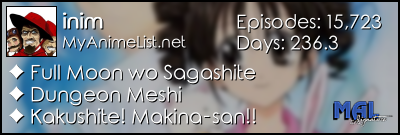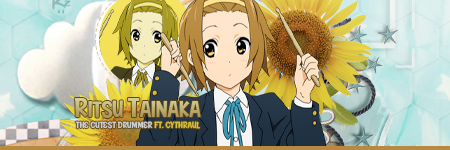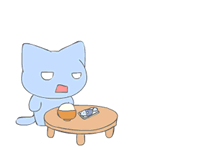I've wondered this a lot recently. Well... like the last year or so. It seems that there is a huge amount of love for yuri within the community and the art and culture which surround anime, but in the actual shows... Well, we get a lot of yuri-bait, where the girls are "really good friends" and seem to not have boyfriends, or know any men at all, such that lesbian undertones are this constant backdrop in the show. But the amount of shows which actually follow through with lesbian romance is shockingly small.
There is definitely an audience for it. You only need to look at the community culture. So it's very strange. The best yuri show of late, and one of the best ever according to many, Bloom In To You, still hasn't received a second season, even though the source material is incredibly popular and it would only take one more season to finish it. When one looks at some of the other shows that have received second seasons since Bloom aired (particularly a certain two much talked about romcoms from last season)... well, personally it makes me a little sick.
My theories... or rather, the things I think create this problem are:
1. A sense within Japanese culture that yuri romance isn't quite as legitimate as in the west. Not making any kind of moralizing, or SJW-style critique here (I have this thing called a brain), but there's a cultural difference going on in terms of how seriously the Japanese take homosexual relationships. Or.. that's a bad way of phrasing it and I don't want to invite any of usual woke attacks on Japanese culture. But hopefully you get what I mean.
2. Political reasons. Yuri romance in anime, particularly involving schoolgirls, no matter how artfully done like in Bloom, has a large amount of people working overtly and covertly behind the scenes trying to stamp it out, similar to lolis. The anti-art problematizers who want to limit expression are powerful and their tendrils are far-reaching. A lot of people like to say this stuff doesn't affect Japan, but it absolutely does, and has. Yuri was far more common in the 2000s, as were lolis and younger-looking schoolgirl characters in general. There is a growing body of foreign-influenced conservative voices in Japan also working against these kinds of themes in anime (bet you thought I was right-wing, attacking SJWs. No, the right and the left are both enemies of otaku.)
3. Simple money reasons. No matter how popular yuri is, the fact is that there are still a large number of people, including and especially trad-con type dudes (moreso than women in my exp), who fervently dislike all homosexual romance. And lots of people who may not think of themselves as trad-cons, but hold an internal bias they aren't fully aware of. Yuri isn't like a lot of other stuff, in that the people who don't watch it, really don't watch it. As much a guy who does watch yuri would never even try a yaoi show.
It's easy to dismiss it as a purely monetary thing. But I think those first two factors hold more sway. Anime as an industry loves to make niche stuff, so the third point isn't so strong. |










